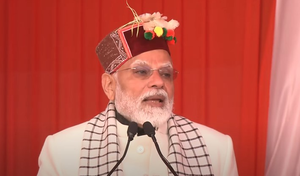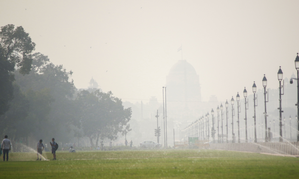For the languished lot: NALSA launches nationwide campaign for release of under trial prisoners

New Delhi, Sep 19 : The National Legal Services Authority (NALSA) has launched a nationwide campaign aimed at reduction in the number of under trial prisoners across all the districts of India.
Supreme Court judge and NALSA Executive Chairman Justice Sanjay Kishan Kaul, launched the campaign to be undertaken from September 18 to November 20 to expedite the identification and review of prisoners who are eligible to be considered for release.
The campaign aims to accelerate the existing functioning of the Under Trial Review Committees (UTRCs) which were constituted in 1,382 prisons in 2015 in compliance of the directions given by the Supreme Court.
UTRCs are district level bodies headed by the respective District & Sessions Judges with the District Magistrates, Superintendents of Police, Secretaries, District Legal Services Authorities and Officers-in-Charge of Prisons as its members.
Earlier, NALSA’s campaign ‘Release_UTRC@75’ undertaken in July and August of 2022 had led to the release of 37,220 prisoners across the country.
In his address on the launch, Justice Kaul emphasised that the issues of undertrial prisoners languishing in prisons despite being eligible to be reviewed for release have continued to come up before the Supreme Court as well as the High Courts.
“Our responsibility as judges is to ensure that the law is followed in letter and spirit, and that it does not discriminate between anyone on the basis of the quality of legal representation they can afford among other man-made qualifiers,” he added.
The launch of the campaign was attended by the Executive Chairpersons and Member Secretaries and other functionaries of all State Legal Services Authorities, Executive Chairpersons and Secretaries of the DLSAs, and members of the UTRCs.
The nationwide campaign represents a significant step towards ensuring the fair and efficient administration of justice, emphasizing the principle that justice should be accessible to all, regardless of their circumstances.






